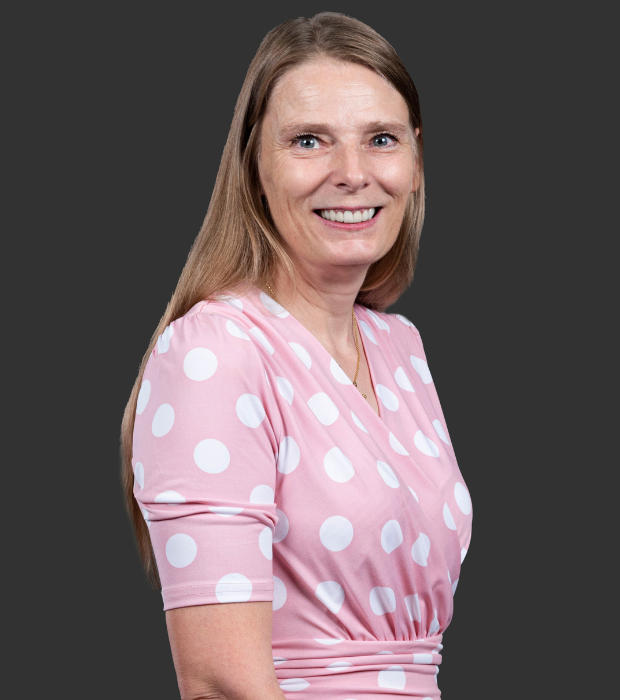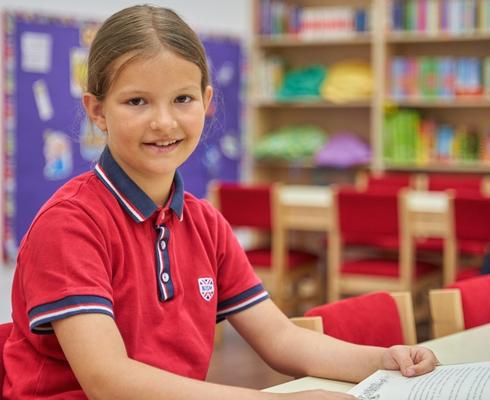Secondary School
Curriculum Overview
Our main priority is to create an enriching school environment in which adolescents can enjoy their learning years. Our aim is to prepare our students for the future in all aspects of their lives so that they can develop self-awareness and confidence alongside the skills needed to access a wide range of choices at any University either here in Egypt or anywhere in the world.
We endeavour to provide a broad and balanced education, supporting students in a creative and nurturing environment, where academic achievement goes hand-in-hand with social awareness, emotional wellbeing and happiness.
The Secondary school at BISM is split into two sections Upper school, Years 9 – 12 and Lower school, Years 6 – 8.
Subjects
Lower School – Year 6 to 8
Overview
We aim to follow the English National Curriculum during years 6 – 8. The lower school curriculum consists of the 9 main subjects listed below along with PHSE lesson. Provision is also made for the compulsory Arabic curriculum (seven lessons per week for Arabic, Social Studies and Religious Studies), taught by locally hired specialists.
The school day consists of 8 periods, each are forty five minutes long (total 40 periods per week). A 20 minute morning break and a 45 minute lunch break.
BISM is one of the only schools in Egypt to include year 6 within the secondary school. This enables the students to be taught by individual specialists in all subjects, which allows us to raise the academic standards, as well as giving us valuable time to fit the 13 years of British curriculum into the mandatory 12 years of schooling required here in Egypt. To ensure these younger members of the secondary school are supported correctly, the final lesson of the day for year 6 students is dedicated to assembly, PHSE, class meetings, counselling, mindfulness and wellbeing lessons.
Curriculum Time Allocation
The table below list the number of lessons allocated to each subject
|
|
Number of lessons (45 Minutes) |
||
|
Subject |
Year 6 |
Year 7 |
Year 8 |
|
Arabic |
5 |
5 |
5 |
|
Social studies |
1 |
1 |
1 |
|
Religion |
1 |
1 |
1 |
|
English |
6 |
6 |
6 |
|
Maths |
5 |
5 |
5 |
|
French |
3 |
3 |
3 |
|
Music |
2 |
2 |
2 |
|
Art |
2 |
2 |
2 |
|
Global Perspectives |
2 |
3 |
3 |
|
Science |
3 |
4 |
4 |
|
Physical education |
3 |
3 |
3 |
|
Computing |
2 |
3 |
3 |
|
PHSE / Assembly |
2 |
2 |
2 |
|
Mindfulness / wellbeing |
3 |
- |
- |
|
Total |
40 |
40 |
40 |
Assessment and Homework
Homework is planned and given to complement, extend and consolidate work done in class. Each subject sets 1 piece of homework per week on a previously timetabled day (to ensure no student has more than 3 pieces of homework each evening). Marks are recorded and advice is given regularly on how to improve.
Ongoing formative assessments take place regularly using a range of techniques from quick quizzes to exit tickets. They help teachers to intervene with individuals and groups, and inform future teaching plans.
3 Formal summative assessments take place each year, one at the end of each term. These may be formal tests, extended projects or a significant piece of work that allows for a ‘snap shot’ view of a what the student has learnt over a period and allows us to identify the level they are working at. They also will enable us to identify gaps in an individual/group of student’s knowledge and put in place when necessary the correct intervention.
Effort grades (A-E) and academic levels are reported to parents at the end of each term.
Upper School – Year 9 to 12
Overview
In Year 9 we continue to follow the British National curriculum. However, in order to adhere to the regulations set down by the MOE in Egypt, which states that students in year 9 must take external examinations in the core subjects, we follow the Cambridge PRE-IGCSE courses in English, Mathematic, Biology, Chemistry and Physics. Provision is also made for the compulsory Arabic curriculum (seven lessons per week for Arabic, Social Studies and Religious Studies), taught by locally hired specialists.
In years 10 students start their IGCSE’s. We aim to supply a flexible approach to IGCSE and ‘A’ level, with only IGCSE English and Mathematics being compulsory in year 10. To ensure our students take the correct path a rigorous careers guidance programme is in place, which includes individual counselling sessions for each student. All our IGCSE are 1 year courses and to accommodate this each IGCSE course is given additional lesson time to ensure the curriculum is covered.
In year 10, students take IGCSE English and Mathematics along with 3 optional IGCSE subjects (an extensive range of IGCSE’s are on offer and are listed in the options booklet below). All 5 IGCSE’s are examined in June of the same academic year (at the end of year 10). Students then choose 3 further IGCSE’s in year 11 along with either 2 or 3 ‘AS’ subjects. In year 12 students then complete the A2 component of the AS subjects to give them the full ‘A’ level that is required by the British Universities. Provision are also made for the compulsory Arabic curriculum (6 lessons per week), taught by locally hired specialists.
The school day consists of 8 periods, each are forty five minutes long (total 40 periods per week). A 20 minute morning break and a 45 minute lunch break. All IGCSE subjects are allocated 6 lessons per week (3 hours of guided teaching time).
Assessment and Homework
Homework is planned and given to complement, extend and consolidate work done in class. Each subject in year 9 is given 1 piece of homework per week on a previously timetabled day (to ensure no student has more than 3 pieces of homework each evening). IGCSE and A level subjects issue a minimum of 2 homeworks per week. Marks are recorded and advice is given regularly on how to improve.
Ongoing formative assessments take place regularly using a range of techniques from quick quizzes to exit tickets. They help teachers to intervene with individuals and groups, and inform future teaching plans.
2 Formal summative assessments take place in term 1. These may be formal tests, extended projects or a significant piece of work that allows for a ‘snap shot’ view of a what the student has learnt over a period and allows us to identify the level they are working at. They also will enable us to identify gaps in an individual/group of student’s knowledge and put in place when necessary the correct intervention.
Mock examinations for PRE-IGCSE, IGCSE and ‘A’ level subjects occur in late February / early March and enable us to not only identify any area’s of concern but also help us to provide predicted grades to the examination board.
Effort grades (A-E) and academic levels are reported to parents at the end of each term.
Admission Office +201050385599/ +201050330755




